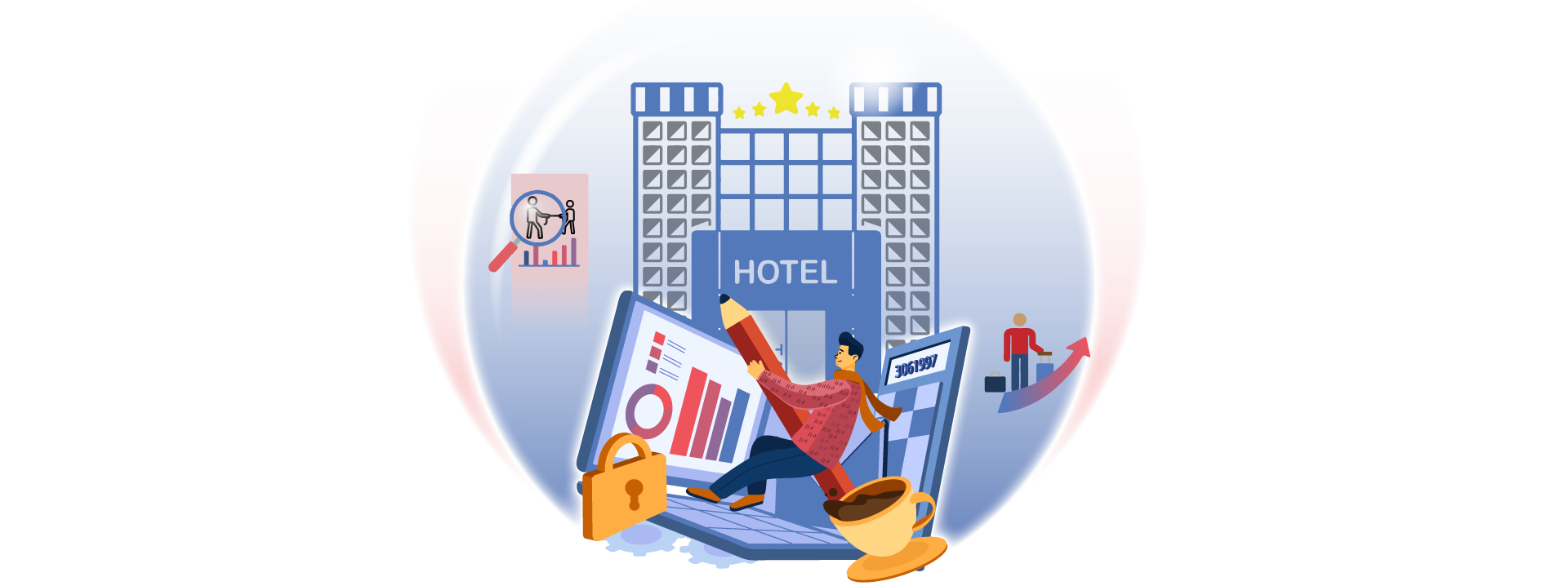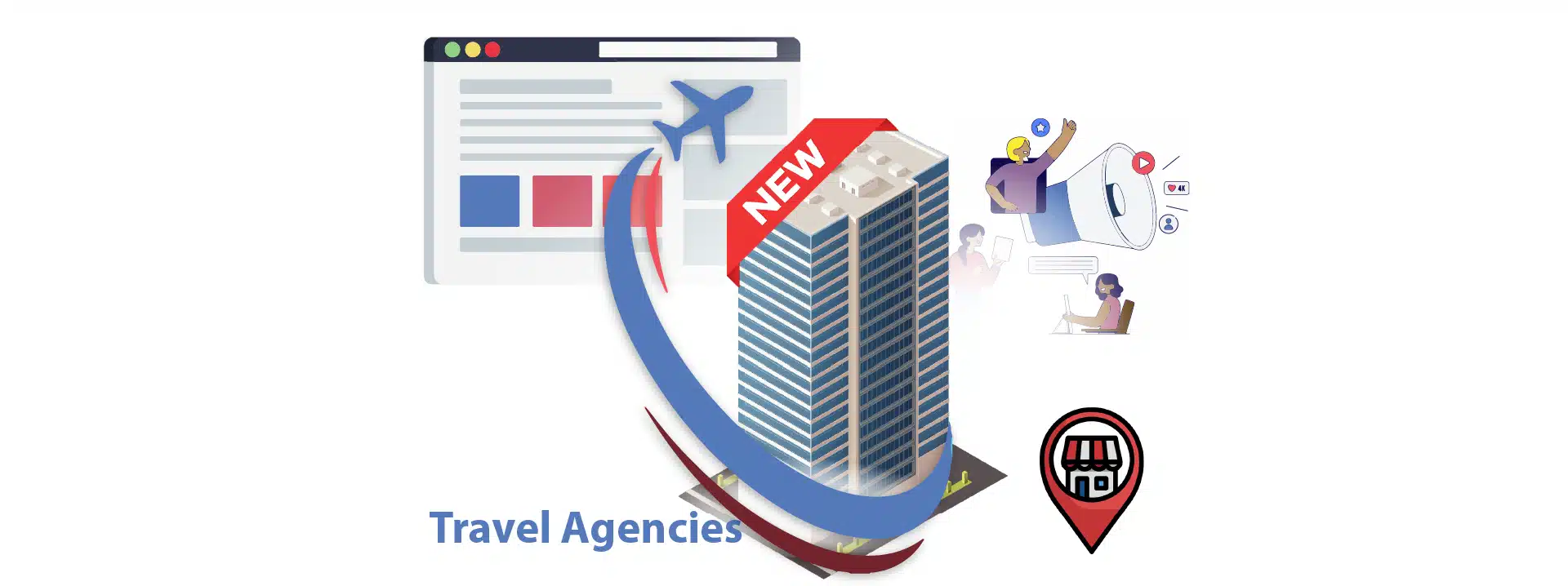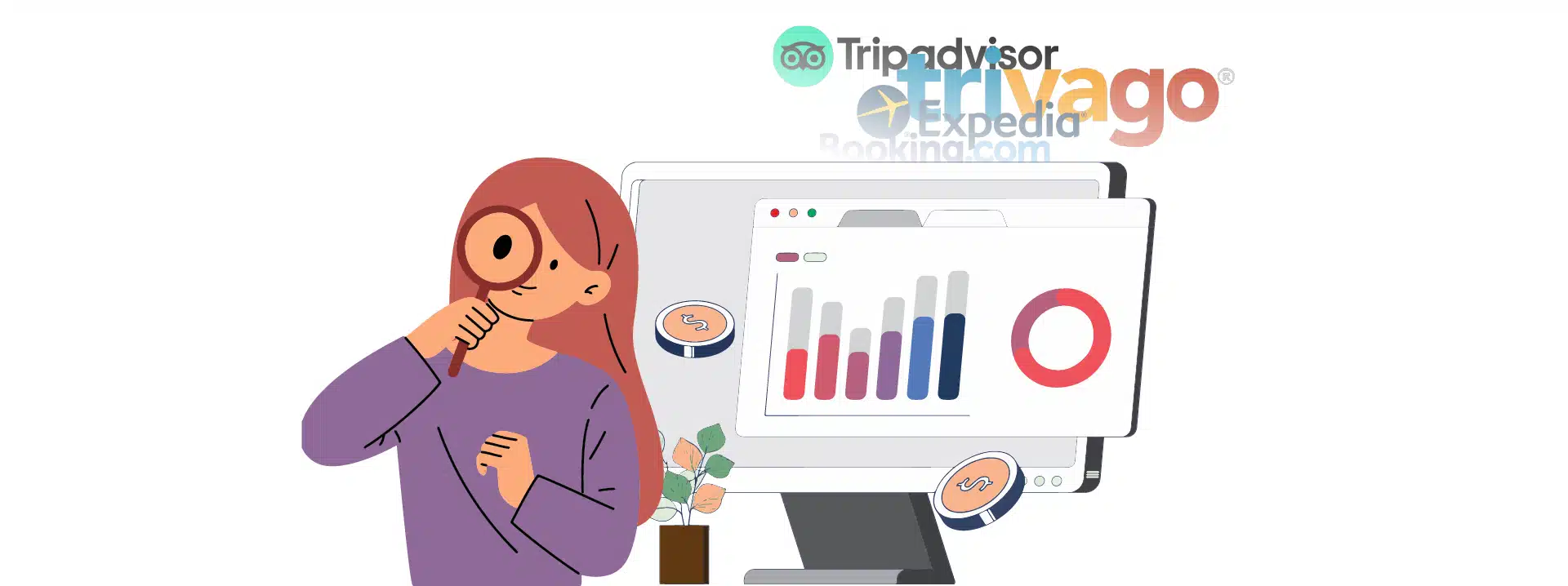
How To Use Big Data For Hotel Marketing & Sales
If there is one lesson top technology companies have taught us over the last decade, it is the importance of data. While the use of customer information by companies such as Google and Facebook to create an advertising portfolio is common knowledge, the application of Big Data is equally beneficial in other businesses, including the hospitality sector.
Many established brands in the hotel industry are already making the most of the information collected from their customers. But it is now high time for smaller hotels to use Big Data and enhance customer service and sales.
What is Big Data?
Typically, Big Data refers to a stream of information available to or collected by businesses from their customers. The information is multi-faceted and can include behavioral trends, individual preferences, social media transactions, on-site interactions, contact information, and more.
An essential aspect of Big Data is the amalgamation of several bits of information that pours in simultaneously, often making it hard to analyze instantly. For example, every hotel guest’s daily interaction, from room service requests and spa treatments to where they eat and payment methods, everything flowing in constantly and at once.
Thanks to Big Data analytics, you can now take every aspect of this information to generate behavioral cues and use them to upsell specific products or add facilities that can lead to more direct bookings.
Most importantly, Big Data is paramount in strategizing your hotel marketing plan and streamlining internal processes such as food budgets, maintenance, and staff requirements.
How Does a Hotel Collect Big Data?
Believe it or not, you don’t need to make special arrangements to collect customer information. Most data gets accumulated automatically through property management and revenue management software, payment platforms, website visits, and online feedback. Each of these is an integral part of Big Data collection.
How Can Big Data Help?
Once you realize how to use Big Data for hotel marketing, it is difficult to overlook its importance. Smaller hotels that might not have a budget initially to indulge in full-blown data analytics can always start at a micro level. By taking specific aspects of the data, they can concentrate on increasing sales at first, decoding the rest of the information later.
Analyse Booking Patterns
Typically, most hotels can quickly figure out the seasons and months when their rooms are in demand. However, by using Big Data, one can get into the nitty-gritty of things. You’ll know weeks, weekends, and specific dates when you will likely get more or less business based on previous years’ booking patterns.
By further factoring in holidays, you can work with your hotel marketing agency on an advertising schedule that revolves around these dates. Changes in room rates, hiring more part-time staff, and using the website to offer period-specific deals are all techniques to increase direct bookings and customer service using Big Data.
Similarly, yearly booking information can help specify trends in cancellations, preparing you to take extra bookings when predicted and avoid loss of revenue.
Competition Analysis
The magic of Big Data is that it gives you an edge over your competitors. Unbeknownst to many small hotel owners, you can easily collect competitor information and use it to improve your services.
Working alongside a professional hotel marketing agency, a hotel can gather online reviews from various sites and social media exchanges between customers and their competitors. You’ll be likely to discover new revenue opportunities by analyzing this data.
For example, if multiple customers mention the nearby hotel’s on-site vending machine to be convenient, you might want to get one for your property. A simple addition can sometimes lead to more bookings and provide an additional source of profit.
In-depth Marketing Analysis
One main reason to hire a hotel digital agency, no matter the size of your business, is that they can handle all aspects of marketing. At the same time, you can focus on running the business.
Moreover, as professionals, they can study Big Data at a microscopic level, extracting every bit of necessary information that can help boost your revenue.
For instance, through Big Data analytics, one may find that most solo travelers visit your hotel’s website through social media, whereas families prefer using OTAs. You can then strategize social media marketing accordingly. Simultaneously, you may work on website development to convert OTA visitors into customers who book directly with you in the future.
Consumer Specific Marketing and On-Site Service
Big Data comes in handy when deciding on features that a particular group of travelers will find beneficial.
The holiday season usually includes more family visits. Thus, based on the type of families your hotel usually hosts (nuclear families, large groups, parents with small children or teens…), you can offer specific activities that guests will enjoy.
Suppose your hotel is popular among nuclear families with small children during Spring Break. In this case, add babysitting facilities and organize events such as magic shows or indoor games to entice more families. And make sure you market them accordingly through your website and social media.
At the same time, if you’re searching to expand the hotel’s customer base, use the data to work on an advertising strategy focusing on travelers who typically do not stay with you.
Increase Guest Experience
While using Big Data for marketing involves looking at the bigger picture, the information you collect is equally essential for providing individual customer service at the ground level.
A personalized guest experience helps with branding and converts first-time customers into lifelong patrons. Especially since most people look for familiarity, service, and comfort when re-booking a hotel.
Consequently, you can use Big Data to create individual guest profiles that may include their room preference, a brand of water they like, and knowledge about their favorite restaurant in the city.
Then go ahead and stock the room with the specific water and make a reservation at the restaurant before the guest arrives. Simple acts like this create a personal bond where the guest feels appreciated.
In-house Data Implementation
So far, we’ve talked about how to use Big Data in hotel marketing, whether online or as part of customer experience. However, it is pertinent to remember that the information you gather is equally vital in cutting down expenditures.
A hotel can use Big Data to monitor guest movements and behavior in their restaurant, bar, and spa. Based on this, the hotel can increase or reduce orders for particular ingredients, alter the menu, offer more popular spa treatments, and change timings for the happy hour, leading to more profits.
Studying customer habits also allows the hotel to upsell its services. Looking at trends, you’re aware of what customers want. You can then promote those services before their arrival via email marketing. Or even at the reception during check-in.
Big Data can be intimidating, especially for smaller hotels that might not have the infrastructure or task force to decode all the information. However, not using Big Data to your advantage is a revenue-generating opportunity that can make or break your business.
To prioritize and use Big Data to benefit your business, consider working with a leading hotel marketing agency like Adigital. As a full-service digital company, we can assist in spearheading your hotel business to new levels by devising a complete performance marketing and hotel branding strategy.


